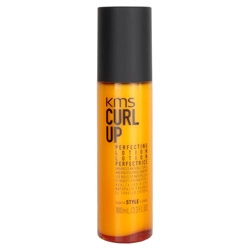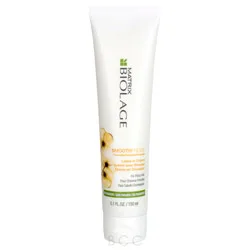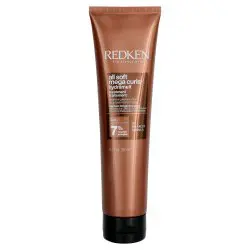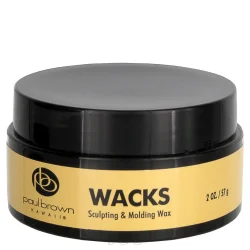Alcohol-Free Styling: Good & Bad Alcohols
Many cringe at the word "alcohol" in the ingredients list of a product because everyone assumes that alcohol is drying, but that's not completely true. Not all alcohols are bad for your hair, in fact, some alcohols have great moisturizing and smoothing properties and are very healthy for your hair.
Let's dive into it! First, it's important to know that alcohol is not a single chemical, but a family of chemicals with different properties. With that being said, this means that depending on these properties, alcohol is either great or not so great on your hair. Whether it is good or bad depends on the number of carbon atoms in the molecular structure. There are two major types of alcohols that are used in hair care products; short-chain alcohols (drying alcohols) and fatty alcohols ( emulsifying alcohols). Fatty acids or long-chain alcohols are derived from natural sources like vegetable oils.
Short-chain alcohols, bad alcohols, typically have less than three carbon atoms and have a low molecular weight. These alcohols evaporate quickly, so they are used in hair care products as an additive to help decrease the time it takes for a product to dry once it has been applied. The downfall is that these alcohols also wick moisture from the hair. This causes the cuticle to roughen, leaving the hair dry, brittle, and frizzy. What are the most common short-chain alcohols? Ethanol, SD Alcohol, SD alcohol 40, Denatured Alcohol, Propanol, Propyl Alcohol, and Isopropyl Alcohol are the ones we want to avoid!
Enough about the alcohols we don't want, what about the good ones? Long-chain alcohols or fatty alcohols typically contain more than 12 carbon atoms and are derived from natural sources such as vegetable oil. The higher carbon content gives them an opposite effect to their drying short-chain cousins. Fatty alcohols provide lubrication, hydration, and film-forming properties which absorb and lock in moisture. For these reasons, fatty alcohols such as Cetyl, Stearyl, and Cetearyl alcohols derived from plants are used extensively in hair care products designed to keep hair hydrated and healthy. They add glide and gloss to the hair shaft, encourage softness and help smooth down damaged cuticles. The most common fatty alcohols found in hair products that hydrate and are highly beneficial to your hair are Lauryl Alcohol, Cetyl Alcohol, Myristyl Alcohol, Stearyl Alcohol, Cetearyl Alcohol, and Behenyl Alcohol.
If you have curly hair, then it is best to steer clear of any short-chained alcohols as they can dissolve the natural protective oils in your hair. Fatty alcohols in curly hair add moisture by drawing water into the hair that adds slip, thickness, and creaminess to the product.
Now that you have all the facts about alcohol, we hope you feel more confident in your decision-making process, and we hope you feel better when seeing "alcohol" in the ingredients list. So keep an eye out for those long-chained alcohols in your products, it might be just what your hair is missing in its life!


 write a review
write a review

 write a review
write a review


